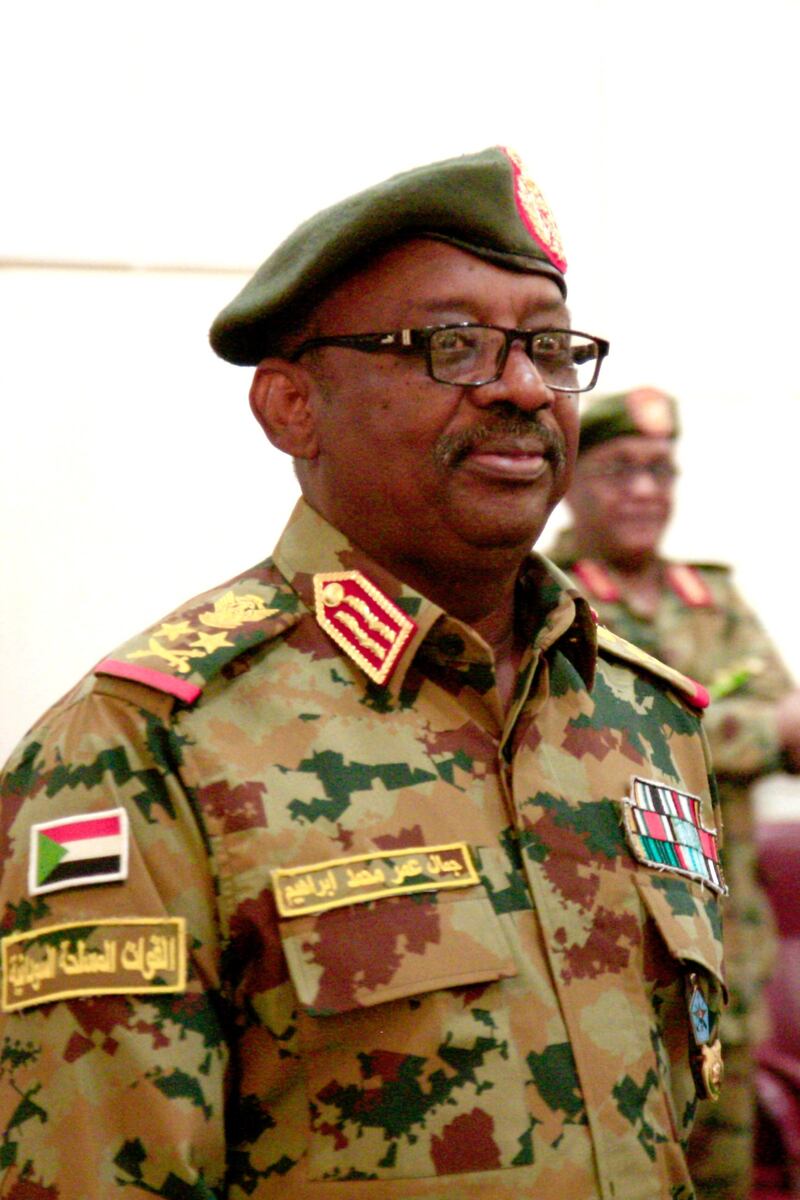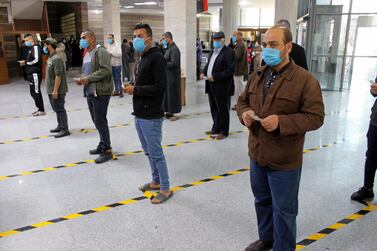Sudanese defence minister Jamal Al Din Omar died on Wednesday of a heart attack while on an official visit to neighbouring South Sudan.
Omar was in the country’s capital of Juba, taking part in peace talks between his country’s transitional government and rebel groups. He attended meetings that stretched into late on Tuesday and died early on Wednesday, Sudanese military and government officials said.
Sudanese Prime Minister Abdalla Hamdok mourned the general’s passing in a tweet, saying: “Today our country has lost one of its loyal and loyal sons.”
أُنعى بحزن عميق وفاة زميلنا العزيز الفريق أول ركن جمال الدين عمر وزير الدفاع الذي لبى نداء ربه صباح اليوم في جوبا عاصمة دولة جنوب السودان أثناء أدائه لواجبه الوطني.
— Abdalla Hamdok (@SudanPMHamdok) March 25, 2020
لقد فقدت بلادنا اليوم أحد أبنائها الاوفياء والمخلصين. pic.twitter.com/6ClGx26jPr
Omar was a member of Sudan’s Sovereign Council, which took power last year under a 39-month power-sharing deal between the country’s military and the pro-democracy movement that led the uprising against former autocratic president Omar Al Bashir.
In a statement released later on Wednesday, Abdel Fattah Al Burhan, who leads the Sovereign Council, said he mourned the passing of Omar, “who died while struggling for the stability of Sudan” – a reference to talks with rebels to end Sudan’s years-long civil wars.
Mohammed Al Taishi, a spokesman for the Sudanese government’s delegation to the talks with the rebels, said the negotiations would be suspended for a week from Wednesday because of Omar’s death.
Sudan’s transitional government has been engaging in peace talks with rebel groups since October. Juba is hosting those negotiations, which aim to stabilise the country and help its fragile path to democracy survive following the military’s removal last April of Al Bashir, who held on to power for nearly three decades.
Hundreds of thousands of people have been killed in fighting in Sudan’s insurgencies.
The toll includes the restive western Darfur region, where Al Bashir brutally repressed an uprising in the early 2000s.
Since then, the International Criminal Court has sought Al Bashir on charges of war crimes and genocide.
Reaching a peace deal with the rebels is crucial to Sudan’s transitional government as it seeks to rehabilitate the country’s battered economy, attract much-needed foreign aid and deliver the democracy it promises.







